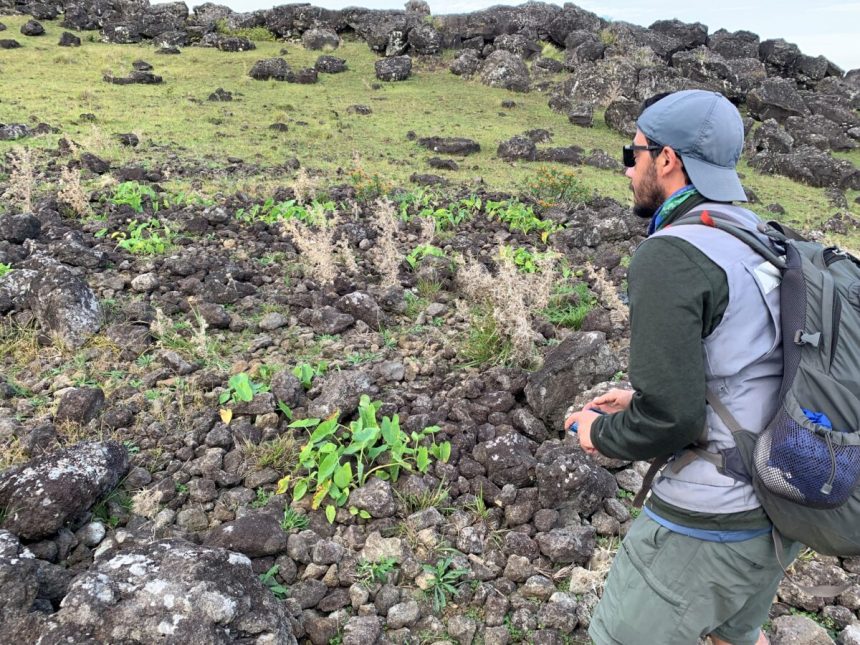Some 1,000 years ago, a group of Polynesians settled on a remote island in the Pacific, now called Rapa Nui or Easter Island. They built hundreds of gigantic stone statues known as moai, leading to the belief that their civilization collapsed due to ecological destruction. However, a new study challenges this narrative, showing that the population never reached unsustainable levels. The settlers adapted to the island’s limitations by creating innovative rock gardens to grow sweet potatoes. These gardens supported a small, stable population for centuries. The study, published in Science Advances, highlights the resilience of the Easter Islanders in the face of environmental challenges.





